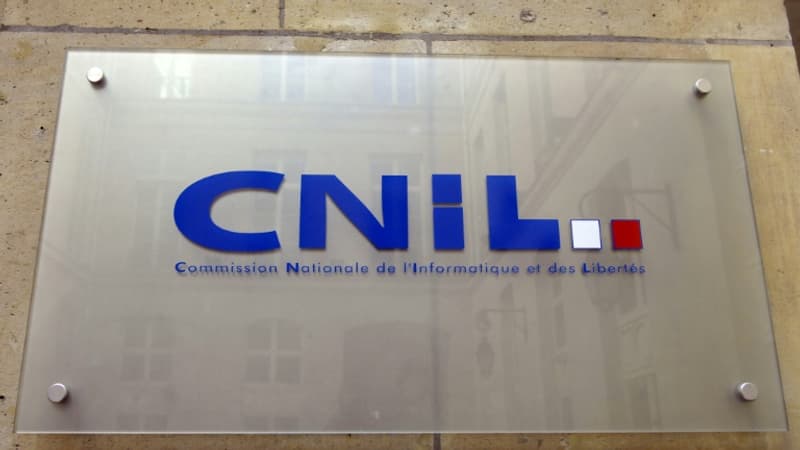“Cooperation is good between the three entities”, wishes to reassure Laure de La Raudière, president of Arcep during the round table on June 13. During the event organized in the Senate, the National Commission for Informatics and Liberties (Cnil), the Regulatory Authority for Electronic Communications, Mail and Press Distribution (Arcep) and the Regulatory Authority for audiovisual and digital communication (Arcom) greeted the existence of the bill intended to secure the Internet. However, they expressed reservations about the relationship between certain articles and about the technical and concrete application of the sanctions.
The bill, presented to the Council of Ministers on May 10, introduces various measures to strengthen the security of the digital space. The text gives more powers to Arcom to order the blocking of access to pornographic sites that do not control the age of their users and this, without the need for the assistance of a judge.
The text also prohibits access to the platforms to people convicted of cyberbullying, allows the implementation of an anti-scam filter before a malicious site and adapts French law for better application of the Digital Services Law and the Market Law Digital, two texts aimed at regulating digital technology, already discussed at the European level.
“Best Articulation”
Invited to speak first, Roch-Olivier Maistre, president of Arcom, recalled his “largely favorable” point of view on this text. On the text’s measures related to pornographic sites, he was cautious pending a decision to be made on July 7. In fact, since 2021, Arcom is processing five sites, including Pornhubfor not having respected the 2020 law that requires them to verify the age of their Internet users before accessing the site.
The head of Arcom underlined the technical difficulties of the application of the foreseen sanctions, insofar as most of the pornographic platforms are located abroad.
“The right balance between security and freedom”
On behalf of the CNIL, the president Marie-Laure Denis recalled that the Commission expressed itself on the provisions of the text in an opinion issued on April 20. She emphasized remembering that the Cnil “shares the government’s concerns.” On the other hand, she stressed that the multiplication of digital texts implies risks: “generating legal uncertainty and less effective regulation.”
The Cnil has expressed some reservations about this bill, particularly with regard to respect for the protection of the privacy of Internet users: “We call on parliamentarians to continue working on the right balance between security necessary and freedom.
For the president, it is necessary to “introduce a mechanism that formally allows Arcom to systematically seize the Cnil to issue an opinion within the framework of sanctions or formal notification of pornographic sites.”
Arcom must prepare a repository of specific measures to prevent minors from accessing pornographic sites on technical characteristics, including double anonymity, with the assistance of the Cnil.
“Questions about concrete solutions”
The Commission also points to article 5, which refers to a digital ban sanction if a user has been convicted of cyberbullying. “We have doubts about the concrete solutions mentioned in particular to prevent the creation of new accounts. The measures to block them are not specified in the bill and must be proportional to the objective pursued,” says Marie-Laure Denis.
And to continue, “these provisions should not lead social networks to collect additional data or implement intrusive processing for all their users when these measures only concern a limited number of users.”
In this context, the Cnil wonders about the relevance of a block based on IP address because this measure could be easily circumvented by a VPN and would be “an attack on the freedoms” of an entire household.
Avoid abusive restrictions
Finally, the president of the Cnil ruled on the anti-fraud filter that “should not lead to an abusive restriction of the freedoms of communication.” And he questioned the need for proper media as the potential number of malicious sites “is estimated at 300,000 per year.”
Work, telecommunication operators they are responsible for creating a red list of fraudulent sites. Fraudulent site addresses can be transmitted to Internet service providers. Then, web browsers will have to prevent access to this address, at the risk of technical failure.
The technical modalities of this filter system are also in question and “should be further specified”. According to the Cnil, “the filtering of malicious sites must be carried out within the Internet browser under the responsibility of the Internet user without curtailing their freedom of communication.” It recommends that arrangements made with Internet service providers be reserved for the most serious cases.
Source: BFM TV


